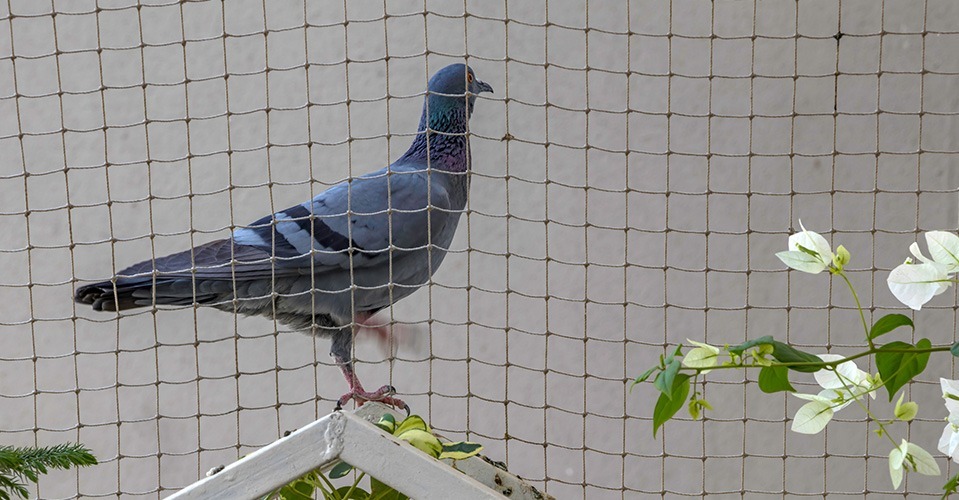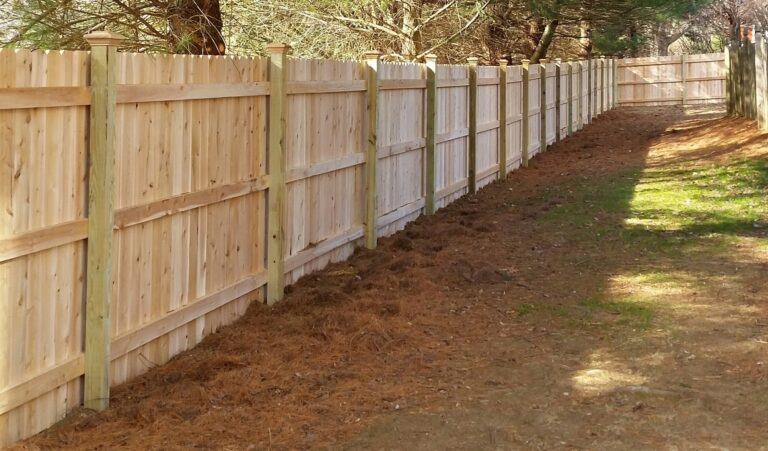Bird Control Service for Effective Pest Management Solutions
Bird control service helps manage and prevent bird infestations that can damage property and pose health risks. It includes safe and humane methods to remove birds and discourage them from returning, protecting homes and businesses from ongoing problems.
Effective bird control requires identifying the species and targeting their specific behaviors and nesting sites to ensure a long-lasting solution. Professionals use a combination of techniques to address the issue without harming the birds or the environment.
These services are tailored to each situation, offering eco-friendly and reliable approaches to keep spaces bird-free. Whether dealing with common nuisance birds or complex infestations, bird control services aim to create safe and clean environments.
Bird Control Service Overview
Bird control services focus on managing bird populations to protect properties from damage and health risks. They use humane, environmentally friendly methods tailored to specific situations. These services involve assessing the problem, selecting appropriate solutions, and implementing long-term strategies.
What Is Bird Control Service?
Bird control service involves the use of strategies to manage birds causing nuisance or damage in residential, commercial, or industrial settings. These services aim to reduce bird presence without harming them, using non-lethal techniques.
Typical steps include inspecting the property to identify problem areas and bird species. The service provider then selects methods like deterrents, exclusion devices, or habitat modification. The goal is to prevent birds from roosting, nesting, or foraging in unwanted areas.
The service integrates knowledge of bird behavior and biology to offer effective, sustainable solutions that comply with environmental regulations.
Benefits of Professional Bird Control
Professional bird control helps prevent property damage caused by bird droppings, nesting materials, and pecking. It reduces health risks from birdborne diseases and allergens. Property values and aesthetics improve with fewer birds.
Professionals provide customized approaches based on the specific bird species and site conditions. This increases effectiveness and minimizes disturbance to other wildlife.
Experienced providers also ensure that control methods meet legal and environmental standards, avoiding fines or unintended ecological harm.
Costs saved through early intervention often outweigh expenses related to repairing damage or health issues later.
Types of Bird Control Solutions
Bird control solutions are diverse, allowing for tailored approaches. Common methods include:
- Physical barriers: Netting, spikes, and wire systems prevent birds from landing or nesting.
- Visual and auditory deterrents: Reflective devices, predator decoys, or sound emitters discourage birds from settling.
- Falconry: Trained birds of prey are used to scare off or remove nuisance birds.
- Habitat modification: Removing food sources or altering structures to make areas less attractive.
Each method is chosen based on bird species, infestation size, and location characteristics. Combining multiple techniques often improves outcomes.
Choosing the Right Bird Control Service
Selecting a bird control service requires evaluating specific elements that affect effectiveness and suitability. Experience, customization, and adherence to regulations play critical roles in ensuring the service meets unique property needs responsibly and efficiently.
Key Factors to Consider
Experience is a primary consideration. A company should have at least 3-5 years focused exclusively on bird control to demonstrate proven results. Specialized expertise is preferred over firms that treat bird control as an auxiliary service.
Customer feedback and reputation help gauge reliability. Pricing should reflect the quality of service and range of options provided. Services offering ongoing monitoring and follow-up are more likely to prevent recurring problems effectively.
Services should also exhibit knowledge of local bird species and behaviors, which impact control methods. Selecting a provider familiar with the specific environment ensures tailored solutions, reducing potential property damage or health risks.
Assessment and Customization
The right service conducts a thorough site assessment before recommending solutions. This includes identifying bird species, nesting patterns, and the extent of infestation or damage.
Customized strategies address the unique challenges of each property type—whether residential, commercial, or industrial. Options can range from bird netting and exclusion devices to deterrents and habitat modification.
Providers that offer tailored plans are more effective, improving long-term results. They should clearly explain the rationale behind chosen methods and adapt approaches based on ongoing site monitoring and results.
Compliance and Safety Standards
A responsible bird control service prioritizes humane techniques approved by local wildlife and environmental regulations. Lethal methods are generally discouraged unless required by law or severe infestation cases.
Safety is critical for both property and occupants. The service must use approved materials and installation practices to prevent hazards such as falling debris or structural damage.
Providers should hold necessary licenses and insurance, confirming their professionalism and accountability. They must also ensure all treatments comply with federal, state, and local safety standards to avoid legal and environmental issues.





